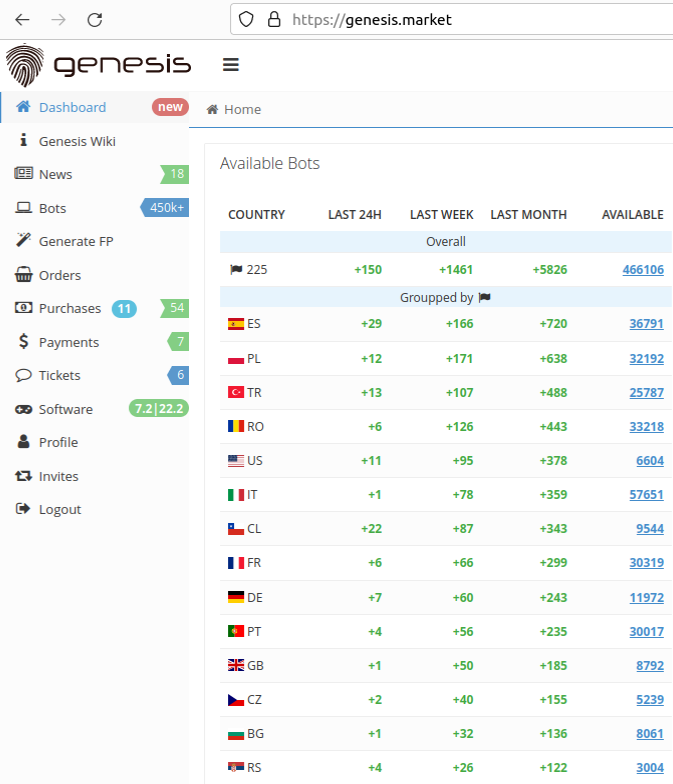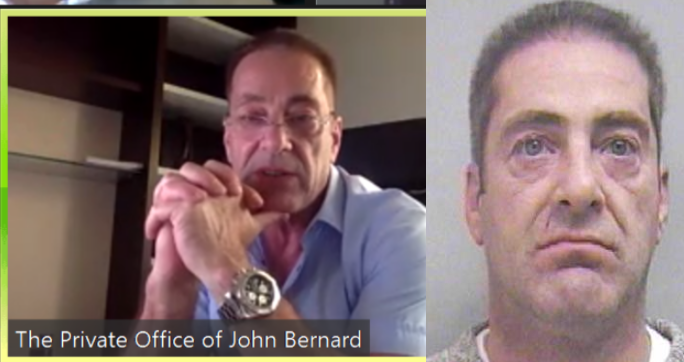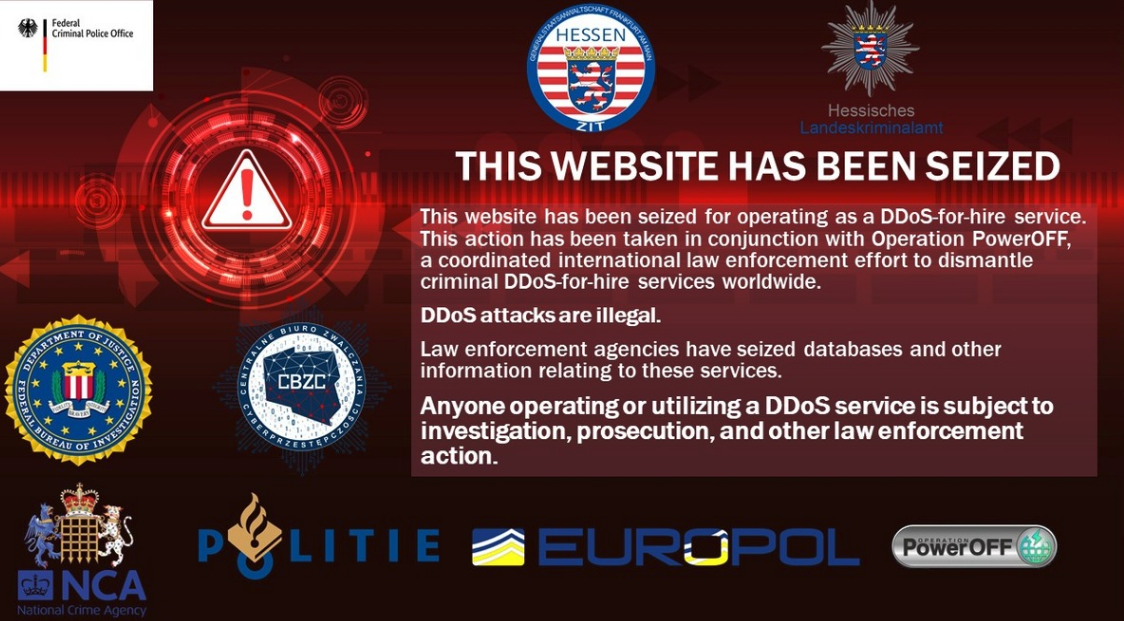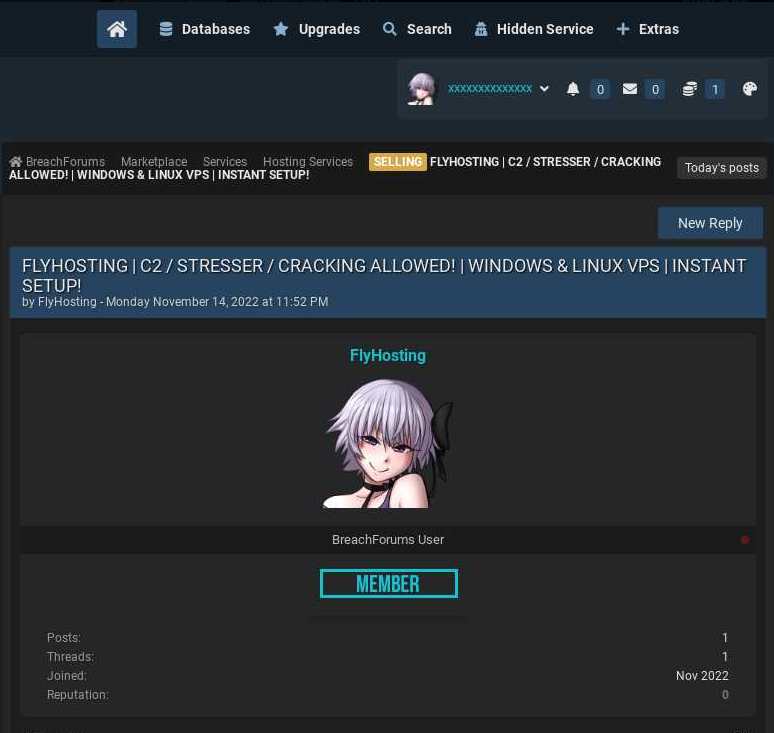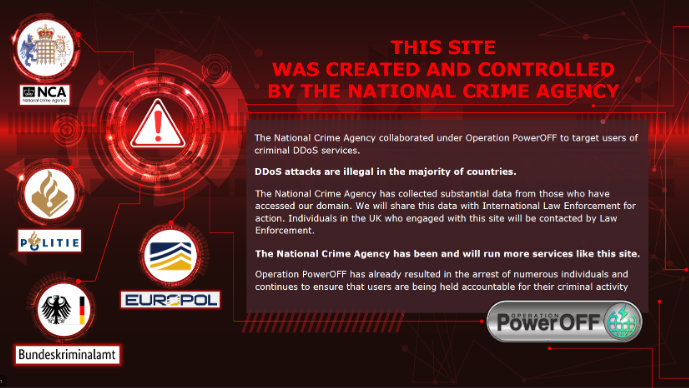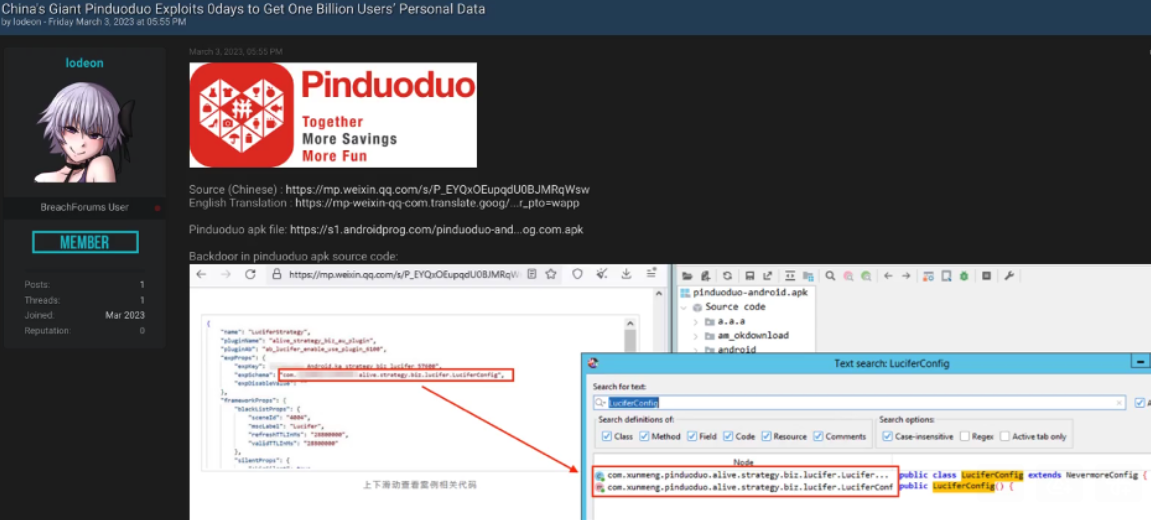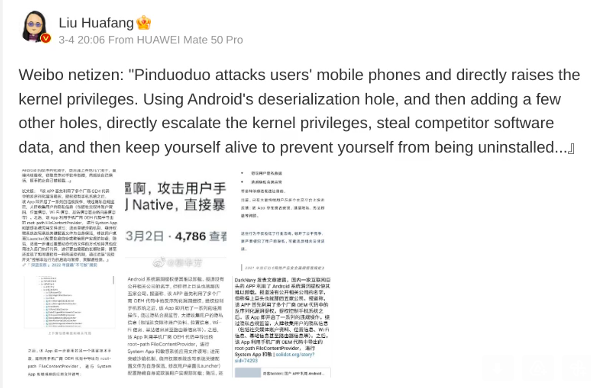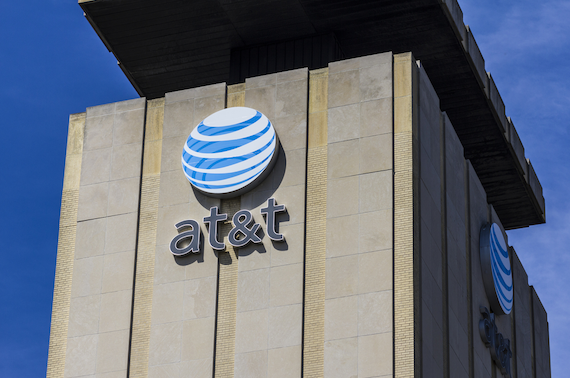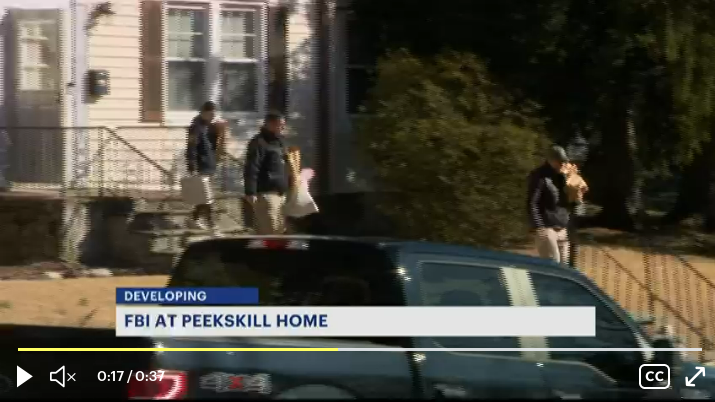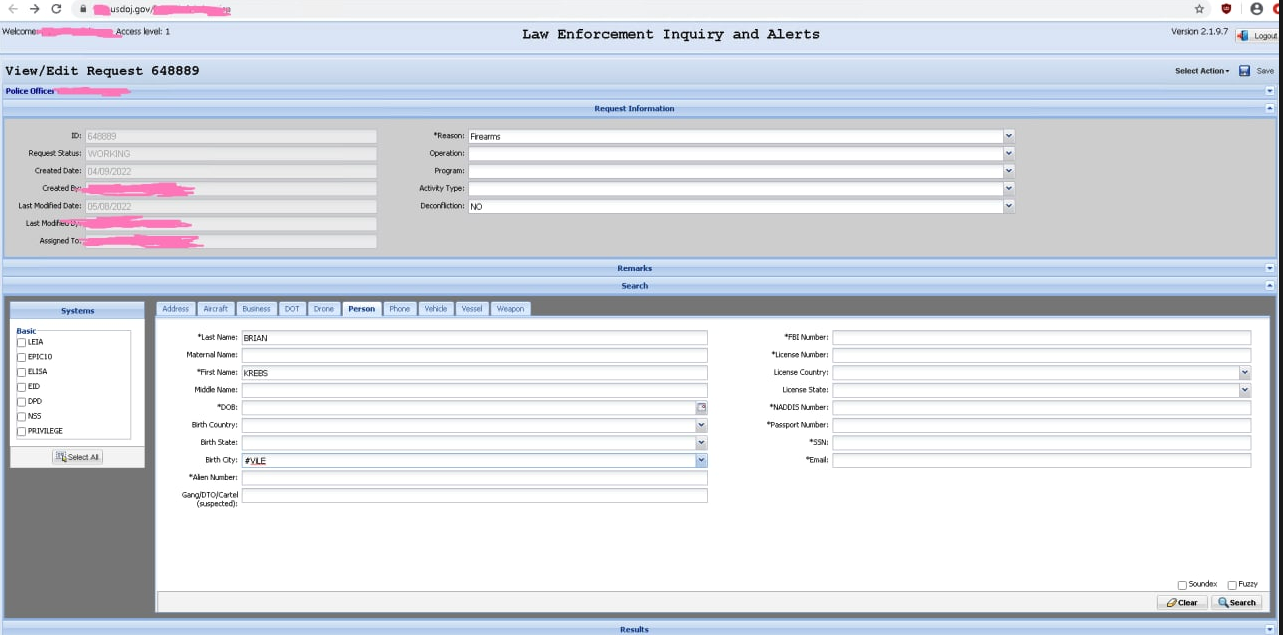Microsoft today released software updates to plug 100 security holes in its Windows operating systems and other software, including a zero-day vulnerability that is already being used in active attacks. Not to be outdone, Apple has released a set of important updates addressing two zero-day vulnerabilities that are being used to attack iPhones, iPads and Macs.

On April 7, Apple issued emergency security updates to fix two weaknesses that are being actively exploited, including CVE-2023-28206, which can be exploited by apps to seize control over a device. CVE-2023-28205 can be used by a malicious or hacked website to install code.
Both vulnerabilities are addressed in iOS/iPadOS 16.4.1, iOS 15.7.5, and macOS 12.6.5 and 11.7.6. If you use Apple devices and you don’t have automatic updates enabled (they are on by default), you should probably take care of that soon as detailed instructions on how to attack CVE-2023-28206 are now public.
Microsoft’s bevy of 100 security updates released today include CVE-2023-28252, which is a weakness in Windows that Redmond says is under active attack. The vulnerability is in the Windows Common Log System File System (CLFS) driver, a core Windows component that was the source of attacks targeting a different zero-day vulnerability in February 2023.
“If it seems familiar, that’s because there was a similar 0-day patched in the same component just two months ago,” said Dustin Childs at the Trend Micro Zero Day Initiative. “To me, that implies the original fix was insufficient and attackers have found a method to bypass that fix. As in February, there is no information about how widespread these attacks may be. This type of exploit is typically paired with a code execution bug to spread malware or ransomware.”
According to the security firm Qualys, this vulnerability has been leveraged by cyber criminals to deploy Nokoyawa ransomware.
“This is a relatively new strain for which there is some open source intel to suggest that it is possibly related to Hive ransomware – one of the most notable ransomware families of 2021 and linked to breaches of over 300+ organizations in a matter of just a few months,” said Bharat Jogi, director of vulnerability and threat research at Qualys.
Jogi said while it is still unclear which exact threat actor is targeting CVE-2023-28252, targets have been observed in South and North America, regions across Asia and at organizations in the Middle East. Continue reading





